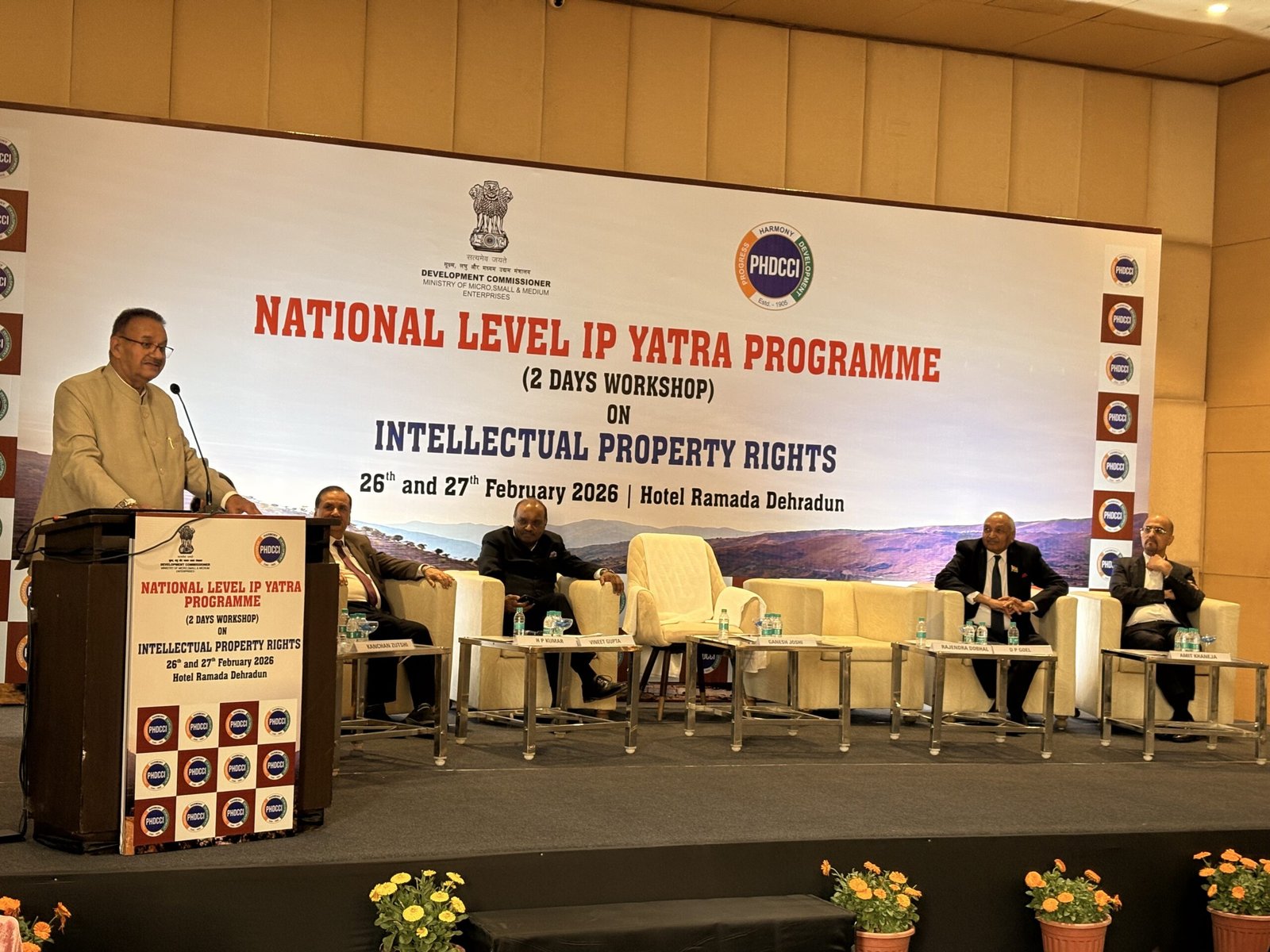Author – Sara Garg, Hopetown School.
Dehradun: Originally started as a fun way to kill time, video games have transformed into a full – fledged industry capable of influencing lifestyles. The first video game arguably being Tennis for Two created simulating a tine tennis match with a glowing dot bouncing over a bright line on an oscilloscope, which has now been replaced by open world games like Minecraft and Esports like FIFA which have their own prestigious events. While this is a significant achievement for the human race, many individuals, especially teenagers, often go down a less desirable path: video game addiction. As officially recognized by the World Health Organization (WHO), the American Psychiatric Association, UNESCO, and many more, video game addiction can be a chronic disorder that may end up affecting many aspects of a person’s life. As described by the WHO, gaming disorder is a pattern of gaming behaviour that makes it hard for an individual to control gaming time and prioritize other responsibilities, leading to issues like social isolation, depression, physical health problems and academic or job decline due to neglecting duties.
Gaming disorder arises from a combination of factors that make gaming captivating. Developers craft games using various dopamine-inducing mechanics that keep players hooked like rewards on completion of a task. Additionally, mental health challenges such as ADHD, depression, or low self-esteem push individuals toward gaming as an escape or coping mechanism. A game’s avatar is created with a single thought: What does the player want to see on the screen. Many new games allow the players to design their own avatars, to an extent where they can even decide the shape and size of the avatar’s nose, often making the character look exactly like the player. Often many individuals fall into this belief that the avatar on screen is the glorified version of themselves – saving the world, scoring goals, winning races and what not. Players get to achieve their dreams through a game without any short-term real-time consequences, that to from a bedroom. Peer influence also plays a role, as friends can create pressure to join servers, for multiplayer games making it harder to set boundaries for the individual. Together these factors and may more combine to create a spell on the player which can lead to excessive gaming and eventual addiction
Recognizing video game addiction is crucial, as the line between healthy enthusiasm and harmful dependency can blur. Some common signs include on increasing preoccupation where all in individual can think about is the next gaming session. symptoms, such as irritability or sadness when away from games, also indicate potential addiction. Perhaps the most telling sign is the loss of interest in other activities—abandoning hobbies, relationships, or responsibilities just to participate in gaming marathons. It is important to not misread signs, the WHO suggests, “for gaming disorder to be diagnosed the behaviour pattern must be severe enough that it relates in significant impairment in the person’s life and would normally be evident for at least 12 months”
While video game addiction may seem overwhelming, there are practical steps one can take to improve their lifestyle. The first step is to accept as an individual that you are falling into a loop if you see constant signs over elongated time periods. One of the simplest yet most effective strategies is setting clear limits on gaming time. One can use apps or timers to help in force boundaries making it easier to avoid excessive play. Seeking profession help is something every individual suffering should do, since not only can it help with gaming disorder but can also help in getting valuable guidance on how to deal with other unlaying factors such as ADHD, self-image, or stress. Getting involved or showing interest in other hobbies like sports, are, reading, gardening and many more can help significantly in reducing dependence on faming for entertainment.
Open communication with your loved ones can also help. Sharing concerns and discussing habits can help create an accountability system that led to healthier behaviour. As a fictional character of great interest: Thanos once said “Perfectly balanced, as all things should be, finding a balance between your virtual sword fights and real-life adventures is the key. So, while it is fun to grab the controller, it is more than important to connect with the real world and experience life to its fullest.











